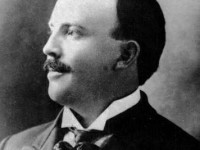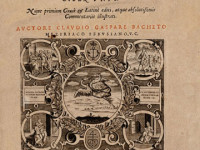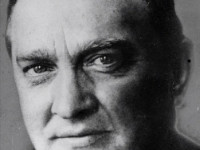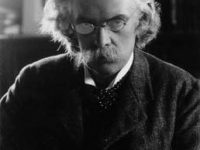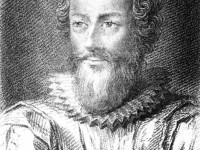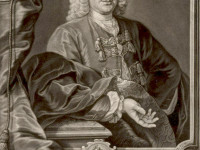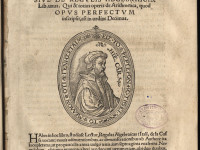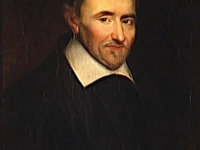Frank Stephen Baldwin and the Pinwheel Calculator
On April 10, 1838, American inventor Frank Stephen Baldwin was born, who invented a pinwheel calculator in 1874. He started the design of a new machine in 1905 and was able to finalize its design with the help of Jay R. Monroe who eventually bought the exclusive rights to the machine and started the Monroe Calculating Machine Company to manufacture it. Frank Stephen Baldwin, Engineer Baldwin was born in New Hartford, Connecticut.…
Read more

